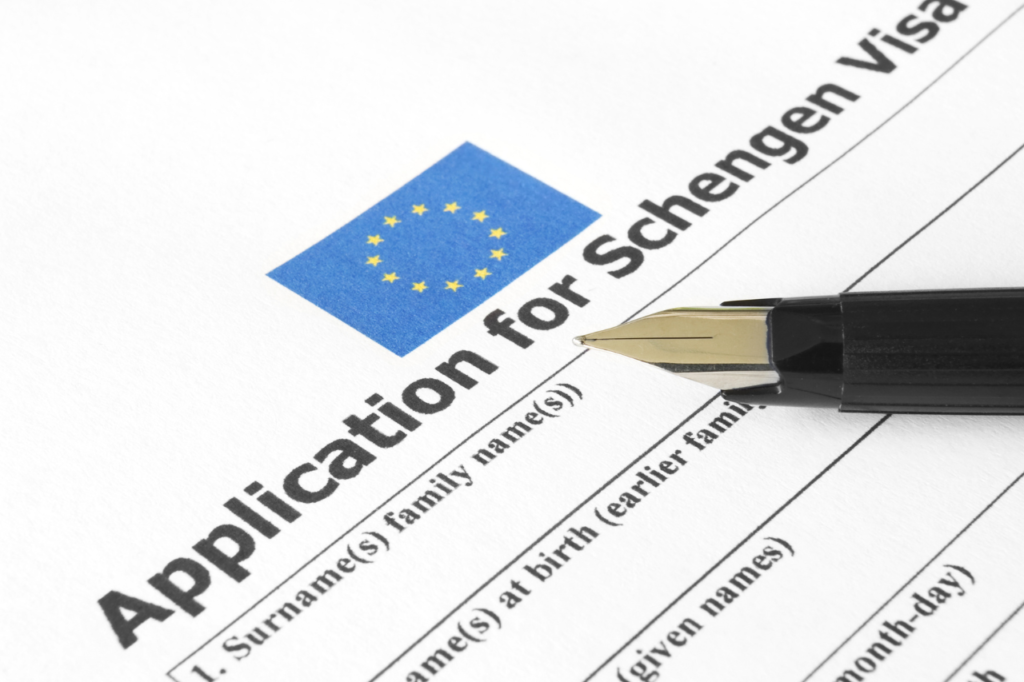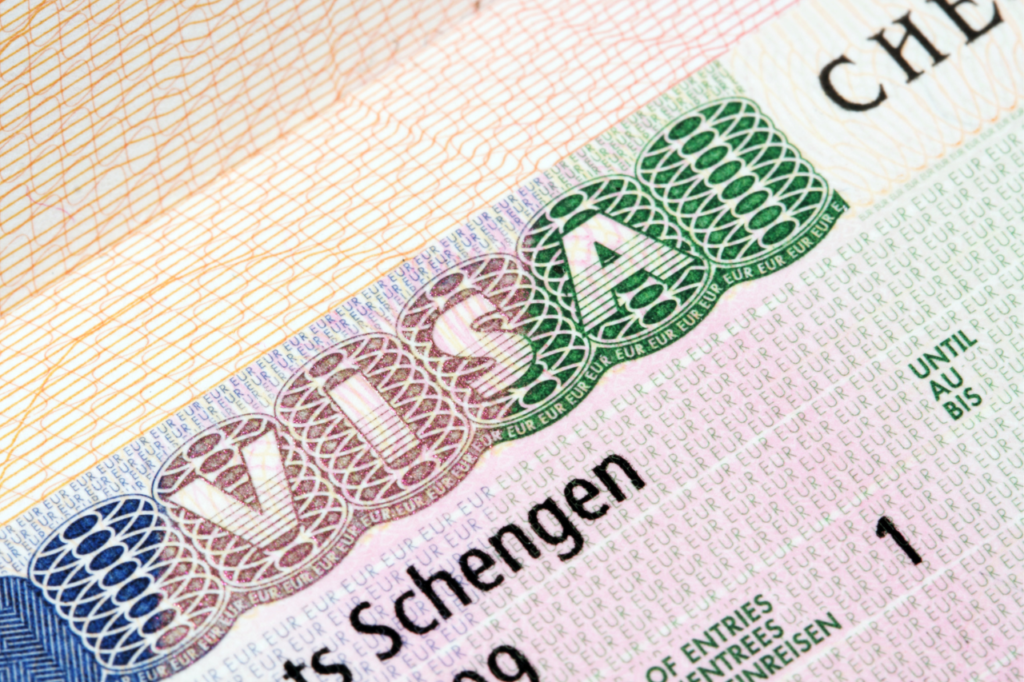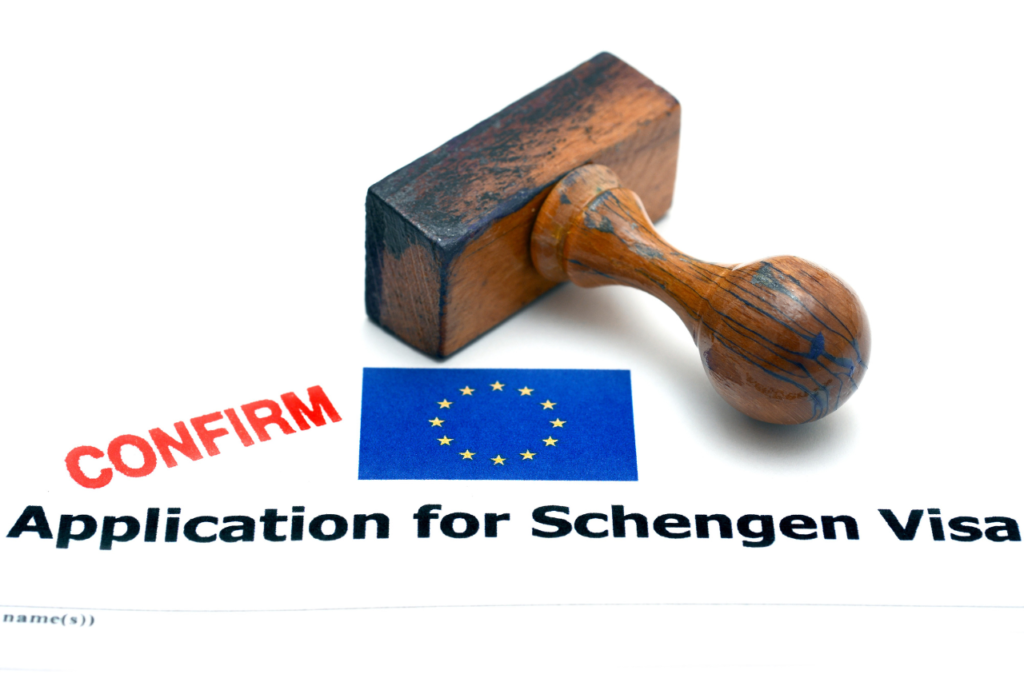Accordingly, almost everyone goes abroad in a world that is thoroughly connected. Every year there are a large number of people who want to contribute to the economy of the EU by visiting cities and landscapes as tourists. However, starting from your trip, you should be aware of the existence of the Schengen Visa. What target group will take it and who will be left behind? What is one you going to need to get it? This guide is a complete answer to your worries and many useful advice and tips about the Schengen Visa application process.
What’s a Schengen Visa?
The Schengen Visa applies to 26 states of Europe where border checks are not necessary to enter their territory. This area is a fantastic example for EU countries that wish to integrate and eventually move towards the same goal as all the other members of the club. That said visa, makes traveling Europe much easier.
Citizens of Which Countries Need a Schengen Visa to go to Europe?
Who Needs It?
Suppose you’re a citizen of any of the following countries. In that case, you need a Schengen Visa to enter the Schengen Area: If you’re a citizen of any of the following countries, you need a Schengen Visa to enter the Schengen Area:
- Afghanistan
- Algeria
- Angola
- Armenia
- Azerbaijan
- Bahrain
- Bangladesh
- Belarus
- Belize
- Benin
- Bhutan
- Bolivia
- Botswana
- Burkina Faso
- Burundi
- Cabo Verde
- Cambodia
- Cameroon
- Central African Republic
- Chad
- China
- Comoros
- Côte d’Ivoire
- Cuba
- Dem.Rep. Of Congo
- Djibouti
- Dominican Republic
- Ecuador
- Egypt
- Equatorial Guinea
- Eritrea
- Eswatini
- Ethiopia
- Fiji
- Gabon
- Gambia
- Ghana
- Guinea-Bissau
- Guyana
- Haiti
- India
- Indonesia
- Iran
- Iraq
- Jamaica
- Jordan
- Kazakhstan
- Kenya
- Kosovo
- Kuwait
- Kyrgyzstan
- Laos
- Lebanon
- Lesotho
- Liberia
- Libya
- Madagascar
- Malawi
- Maldives
- Mali
- Mauritania
- Mongolia
- Morocco
- Mozambique
- Myanmar
- Namibia
- Nepal
- Niger
- Nigeria
- North Korea
- Northern Mariana Islands
- Oman
- Pakistan
- Palestine
- Papua New Guinea
- Philippines
- Qatar
- Republic of the Congo
- Russia
- Rwanda
- Saudi Arabia
- Senegal
- Sierra Leone
- Somalia
- South Africa
- South Sudan
- Sri Lanka
- Sudan
- Suriname
- Syria
- São Tomé and Príncipe
- Tajikistan
- Tanzania
- Thailand
- Togo
- Tonga
- Tunisia
- Turkmenistan
- Türkiye
- Uganda
- Uzbekistan
- Vanuatu
- Vietnam
- Yemen
- Zambia
- Zimbabwe
Who Needs an Airport Transit Schengen Visa?
Certain travelers from specific countries must get an Airport Transit Schengen Visa when they have connecting flights at a Schengen Area airport. These travelers are from:
- Afghanistan
- Bangladesh
- Congo (DRC)
- Eritrea
- Ethiopia
- Ghana
- Iran
- Iraq
- Nigeria
- Pakistan
- Somalia
- Sri Lanka
However, there are exceptions to the Airport Transit Visa requirement for travelers from certain countries:
- Holding a residency permit from a Schengen member country or a valid Schengen Visa for short or long stays.
- Possessing a residency permit from countries like Andorra, Canada, Japan, San Marino, or the USA.
- Having a valid Schengen Visa or a valid visa for entering one of the EFTA countries, Canada, Japan, or the United States, even if returning from these countries after using the visa.
- Being close family members of an EU citizen.
- Possessing a diplomatic passport.
Citizens of Which Countries Don’t Need a Schengen Visa to Enter Europe?
Some lucky travelers can visit the EU for tourism or business without a Schengen Visa. If you’re from any of these countries, you can explore Europe without a visa:
- Albania
- Antigua and Barbuda
- Argentina
- Australia
- Bahamas
- Barbados
- Bosnia and Herzegovina
- Brazil
- Brunei
- Canada
- Chile
- Colombia
- Costa Rica
- Dominica
- El Salvador
- Georgia
- Grenada
- Guatemala
- Honduras
- Hong Kong S.A.R
- Israel
- Japan
- Kiribati
- Macao S.A.R
- Malaysia
- Marshall Islands
- Mauritius
- Mexico
- Micronesia
- Moldova
- Montenegro
- Nauru
- New Zealand
- Nicaragua
- North Macedonia
- Palau
- Panama
- Paraguay
- Peru
- Saint Kitts and Nevis
- Saint Lucia
- Saint Vincent
- Samoa
- Serbia
- Seychelles
- Singapore
- Solomon Islands
- South Korea
- Taiwan
- Timor Leste
- Tonga
- Trinidad and Tobago
- Tuvalu
- Ukraine
- United Arab Emirates
- United Kingdom
- United States of America
- Uruguay
- Venezuela
Please be aware of the following requirements for visa-free travel:
- For citizens of Albania, Bosnia and Herzegovina, North Macedonia, Moldova, Montenegro, and Serbia: Visa-free travel is available only to those who hold biometric passports.
- For Taiwanese passport holders: Visa-free travel is granted if their passport includes an identity card number.
- For the Special Administrative Regions of the People’s Republic of China (Hong Kong and Macao):
- Hong Kong: Visa-free travel is available for holders of “Hong Kong Special Administrative Region” passports.
- Macao: Visa-free travel is granted to holders of “Região Administrativa Especial de Macau” passports.
Staying Period and Restrictions
Even if you’re from a visa-free country, there are important rules to follow when entering the Schengen Zone:
- You can stay for up to 90 days (or three months) within six months, regardless of your reason for travel.
- Visiting visa-free doesn’t allow you to work or study in Schengen countries.
Family Members of EU/EEA Nationals
Family members of EU/EEA citizens may have certain benefits regarding Schengen Visa rules, though some conditions apply:
- You must be a close family member (like a spouse or child under 21) of the
- EU/EEA citizen.
- You need to be traveling with or joining the EU/EEA citizen in the Schengen Area and have proof of your relationship.
Multiple Nationalities and Visa Requirements
If you have more than one nationality, the visa rules depend on the passport you use to travel. If the passport you’re using requires a visa, you must get one, even if you have a passport from a Schengen member country but don’t use it.
D Visa and Residency Permits
Having a D visa and residency permit from a Schengen country allows you to enter and live in the Schengen Area for a set time. Within 90 days every 6 months, you can visit any Schengen country. To get a D visa, you need a valid reason, which can vary by country.
Understanding the requirements is key for a smooth European trip. Whether you need a Schengen Visa, or Airport Transit Visa, or can travel visa-free, following the rules is important. Your Schengen Visa opens the door to exploring Europe’s diverse wonders. So, pack your bags, gather your documents, and start your EU adventure—whether in Italy, Germany, or Paris, your visa will unlock unforgettable experiences.
How Law and Visas Can Help?
At Law and Visas, our team of expert immigration consultants is here to make your travel for a Schengen Visa straightforward and successful. Whether you’re applying for a Schengen Visa or Schengen Business Visa, we handle every step—from preparing your application to gathering the required documents.
Our immigration lawyer consultants and Lawyers ensure that your application meets the highest standards, with no details missed. We’ll also keep you informed throughout the process and coordinate with the immigration office or embassy on your behalf.
Law and Visas has a strong record of helping clients secure the visas/permits they need for a Schengen Visa. Call us today at +234 812 5505 986 to learn how we can assist you.





